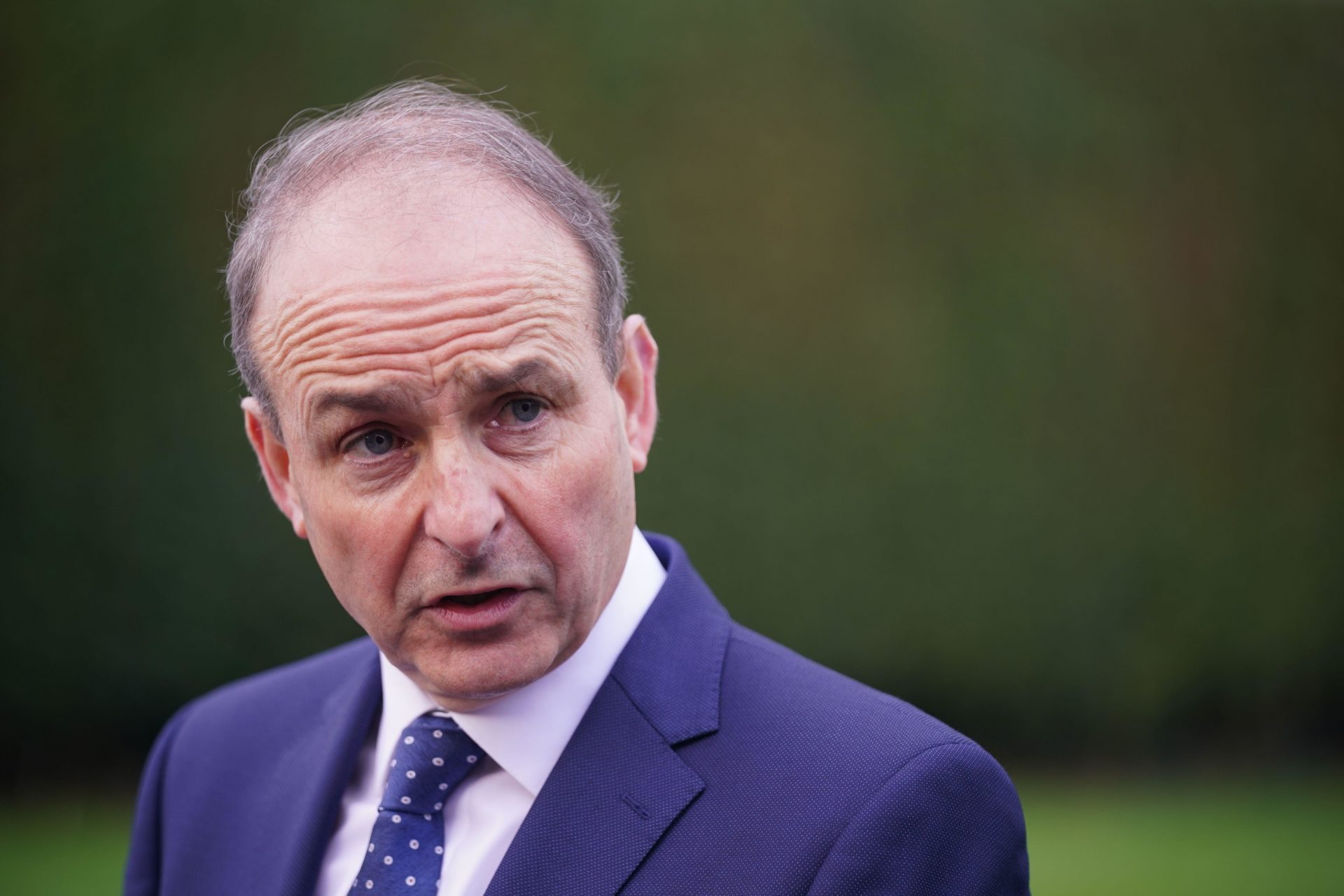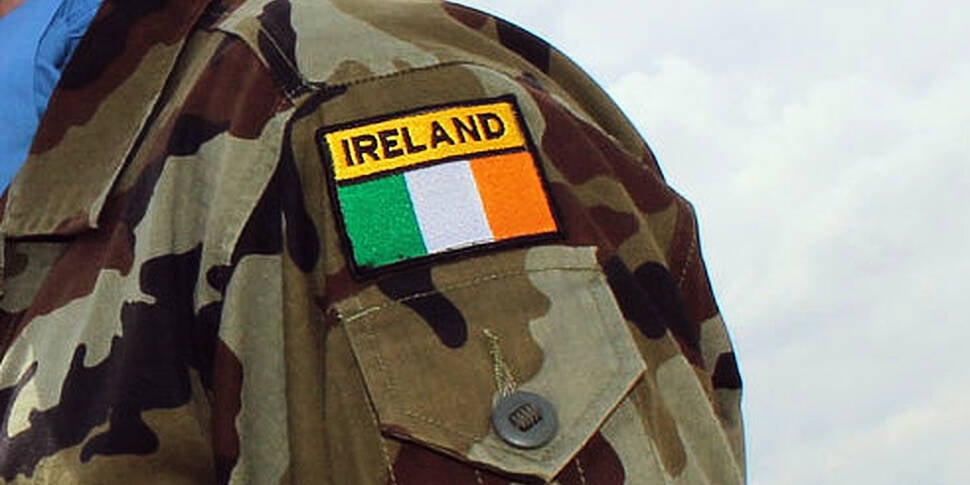The Government wants the ‘Triple Lock’ system to be changed by amending existing legislation, the Tánaiste has said.
The current system means Ireland can only deploy members of the Defence Forces if it has the permission of the United Nations, the Government and the Oireachtas.
However this has recently been called into question since Russia - who is a permanent member of the UN Security Council - invaded Ukraine.
During a Dáil debate, Tánaiste and Defence Minister Micheál Martin said they are making changes.
"This ‘Triple Lock’ system hands the five permanent members of the Security Council a veto over our national sovereign decision to deploy troops to peacekeeping missions as we see fit," he said.
He said while there was no single consensus from a recent Consultative Forum on International Security Policy Report over how to proceed with the Triple Lock, there is "ample evidence of other options" for agility and responsiveness.
 Micheal Martin speaking to the media at Deerpark House Homeless services in Cork city in January 2022.
Micheal Martin speaking to the media at Deerpark House Homeless services in Cork city in January 2022."It would therefore make sense, I believe, to amend our existing legislation in a manner which would allow us to respond to crisis situations with more agility, and where in making these important decisions, we are not surrendering our sovereignty," Mr Martin said.
"I have therefore instructed officials in the Department of Defence to prepare legislative proposals without delay that would govern the future overseas deployments of our Defence Forces.
"These could, for example, allow us to despatch Defence Forces personnel to multilateral missions overseas where these are organised by a regional organisation such as the European Union or African Union, or where the host country is requesting such support from the international community.
"While these proposals may not necessarily always include a role for the UN Security Council, they will of course remain fully consistent with the principles of the UN Charter and international law," he added.
He said any such change would "be removing the veto power of Security Council members over Ireland’s engagement, while safeguarding the essential link with international law and good governance."














